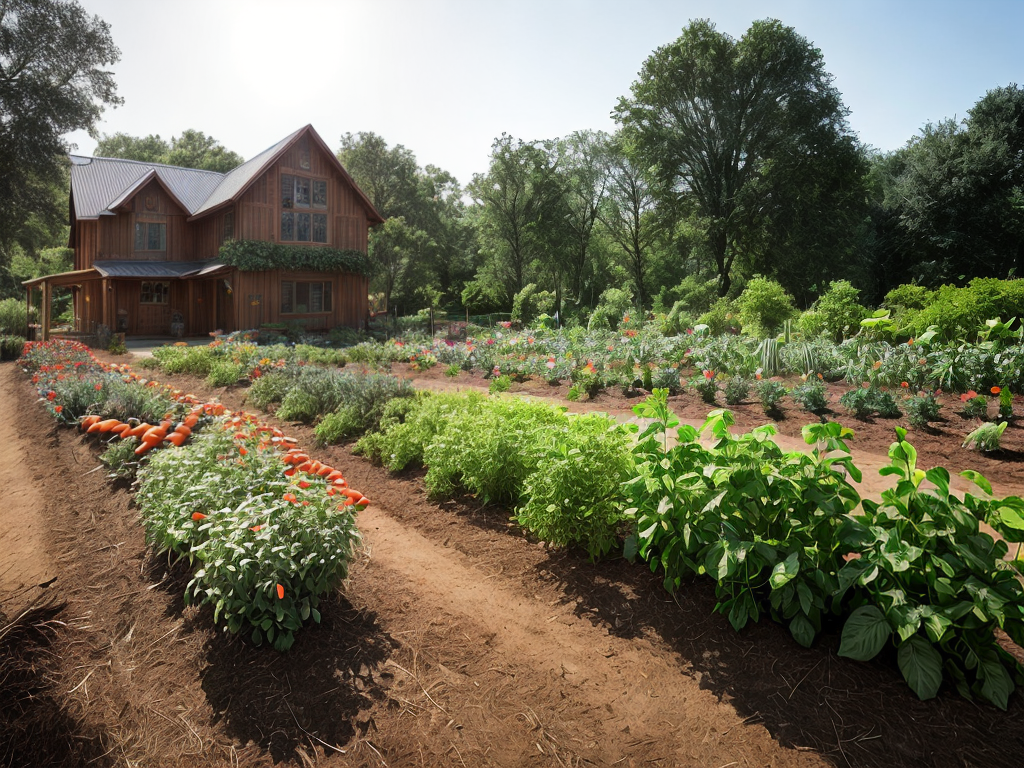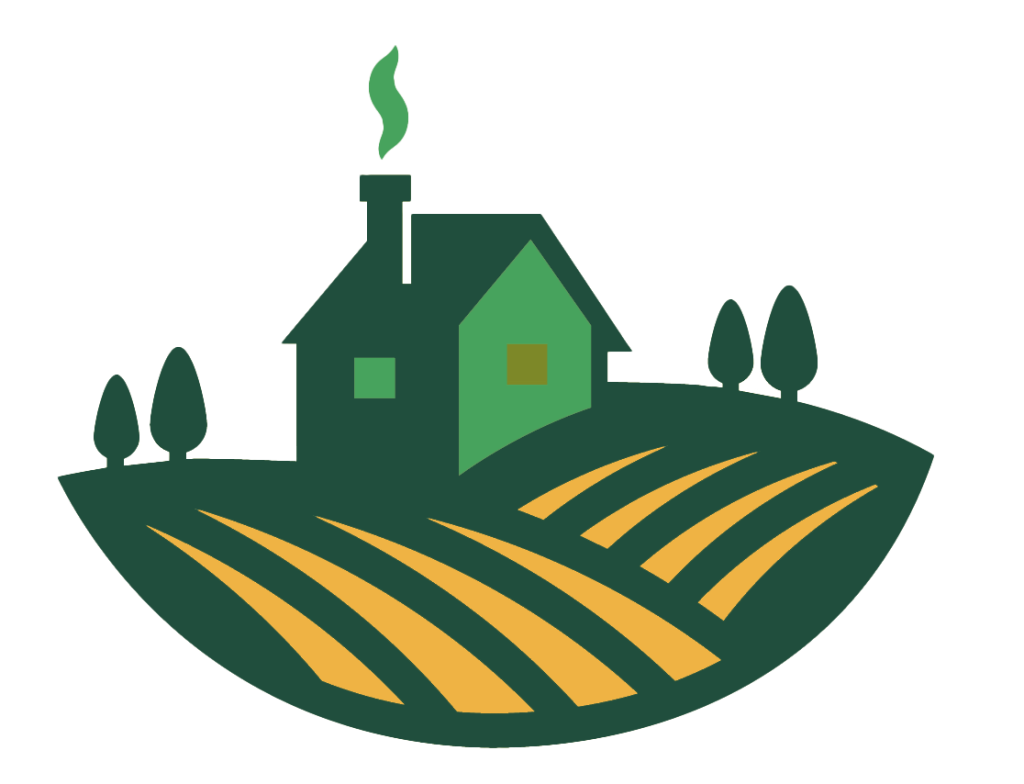
As a passionate organic gardener, I’m here to spill the beans on the three best irrigation techniques for your vegetable garden. Picture this: a garden that receives just the right amount of water, nourishing your plants without wasting a drop. With drip irrigation, raised bed irrigation, and mulch irrigation in your gardening arsenal, you’ll be amazed at the results. Get ready to water your crops like a pro and watch them flourish with these practical and efficient techniques.
Drip Irrigation
In my experience, drip irrigation has proven to be the most efficient and effective method for watering organic vegetable gardens. When it comes to soil moisture management and water conservation techniques, drip irrigation offers unparalleled benefits. This irrigation system delivers water directly to the roots of plants, minimizing evaporation and ensuring that every drop counts. By providing a slow and steady water supply, drip irrigation prevents water runoff and allows the soil to absorb moisture more effectively. This not only saves water but also helps maintain optimal soil moisture levels, promoting healthy root development and plant growth. Additionally, drip irrigation reduces weed growth and disease spread, as water is only applied where it is needed. Overall, drip irrigation is a practical and eco-friendly choice for any organic vegetable garden.
Raised Bed Irrigation
Moving on from drip irrigation, another effective method for irrigating organic vegetable gardens is raised bed irrigation. This technique involves installing a sprinkler system or using hand watering techniques to provide water directly to the raised beds. Sprinkler systems can be set up with adjustable nozzles to ensure even distribution of water across the beds. This method is particularly useful for gardens with larger raised bed areas. On the other hand, hand watering techniques involve using a watering can or hose to manually water the beds. This allows for more control and precision, especially when watering delicate seedlings or specific areas of the beds. Regardless of the method chosen, raised bed irrigation helps to conserve water, prevent weeds, and ensure that the plants receive the moisture they need for healthy growth.
Mulch Irrigation
To continue the discussion on irrigation techniques for organic vegetable gardens, one effective method is mulch irrigation. Mulch irrigation is a water conservation technique that helps retain moisture in the soil while also providing organic pest control. By covering the soil with a layer of organic mulch, such as straw or wood chips, evaporation is reduced, and water is retained for longer periods. This method not only helps to conserve water but also creates a favorable environment for beneficial insects that can control pests naturally. Mulch also acts as a barrier, preventing weed growth and reducing the need for herbicides. Additionally, it helps to regulate soil temperature and prevents soil erosion. Mulch irrigation is a practical and sustainable technique that ensures your organic vegetable garden thrives while minimizing water usage and promoting natural pest control.


